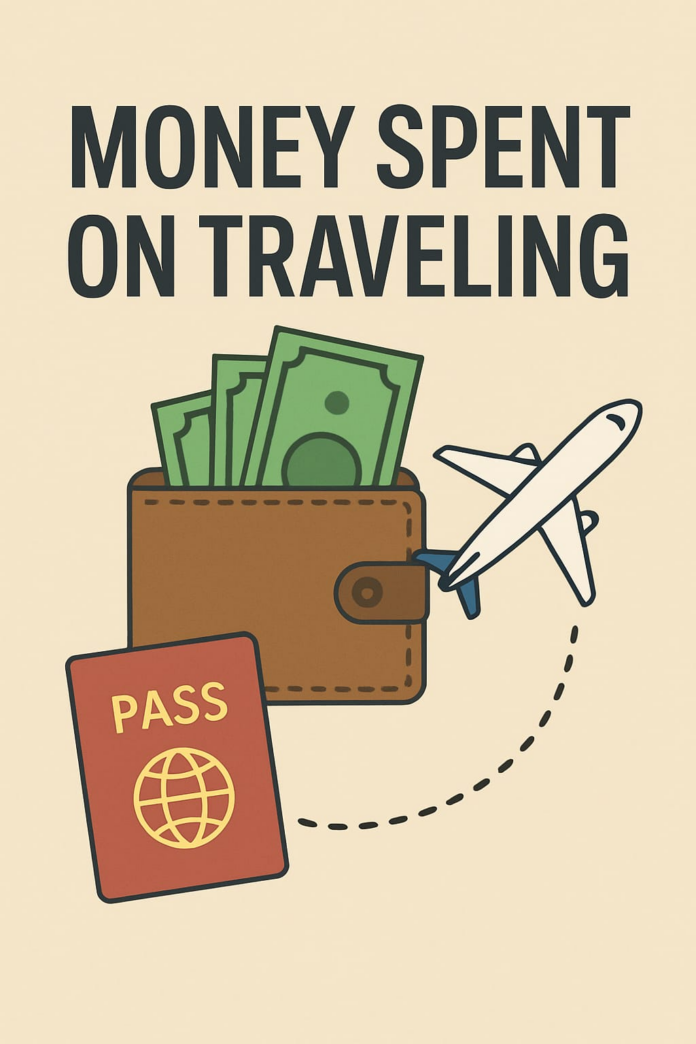Every year, the Government of Antigua and Barbuda spends hundreds of thousands of dollars on overseas travel for ministers, government officials, and, in particular, representatives from the Ministry of Tourism.
Agencies fund some of these trips, especially those where the head of government is invited, but the government pays for many others.
While international engagement is often necessary, the question remains: are these trips delivering real value to the people of this country, or are they simply expensive exercises in publicity?
The government frequently defends these travels as essential to promoting Antigua and Barbuda on the world stage, building relationships, and attracting investment. Yet, despite the substantial investment, the results are rarely precise.
Tourism remains our number one industry, but do we really need delegations flying off every other week and month to attend conferences, summits, and forums that often yield little more than a press release?
What we see instead are photo opportunities — ministers in suits smiling for the cameras, selfies posted on social media, and glossy images of handshakes with foreign officials.
But after the fanfare, where are the tangible outcomes? Where is the measurable growth in the sectors represented? Or the influx of new investment that justifies these extravagant expenses?
In a time when ordinary citizens are asked to tighten their belts, when our hospitals struggle with resources, and when the government can barely find money to fix infrastructure, when the economy is not as buoyant as we would like, it is fair to ask whether this level of travel is a wise use of taxpayer money. If the government is truly serious about cutting back on spending, travel budgets must come under greater scrutiny.
No one disputes the importance of marketing Antigua and Barbuda abroad or attending conferences to generate income; however, without measurable results, these efforts are just a waste.
And when those dollars could be better spent on healthcare, education, or improving the very tourism product we are trying to sell, the cost of these trips becomes harder to justify.
Until there is greater transparency about what exactly is achieved on these frequent journeys — beyond photos and press statements — the public will remain skeptical.
In the end, citizens deserve more than selfies; they deserve a return on their investment.


